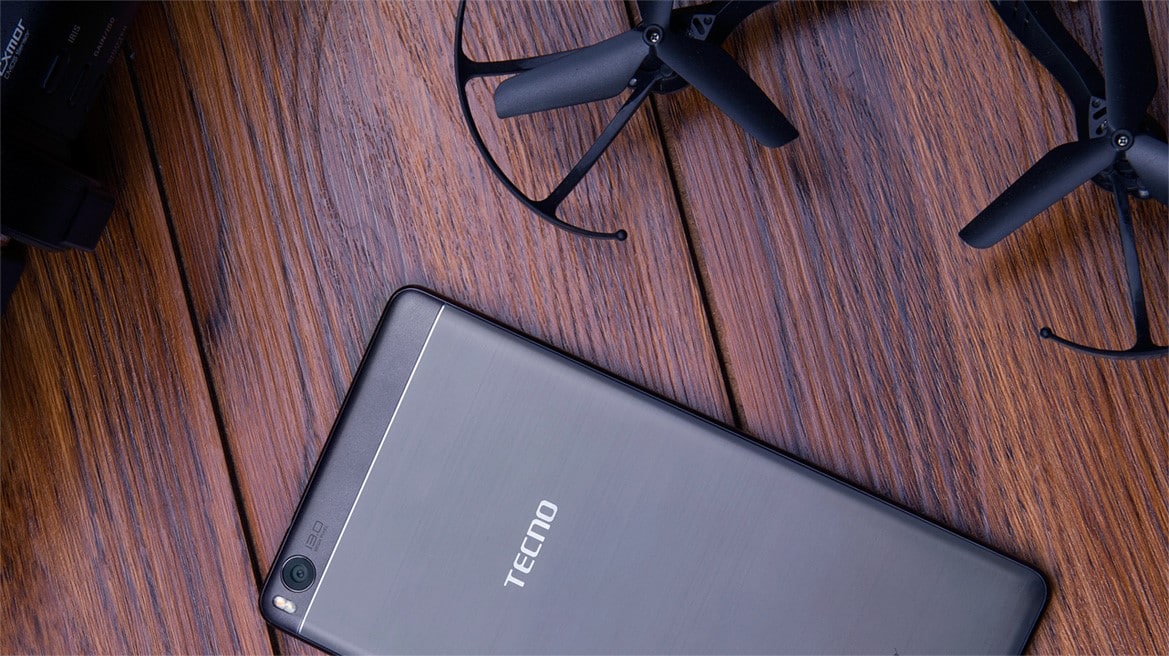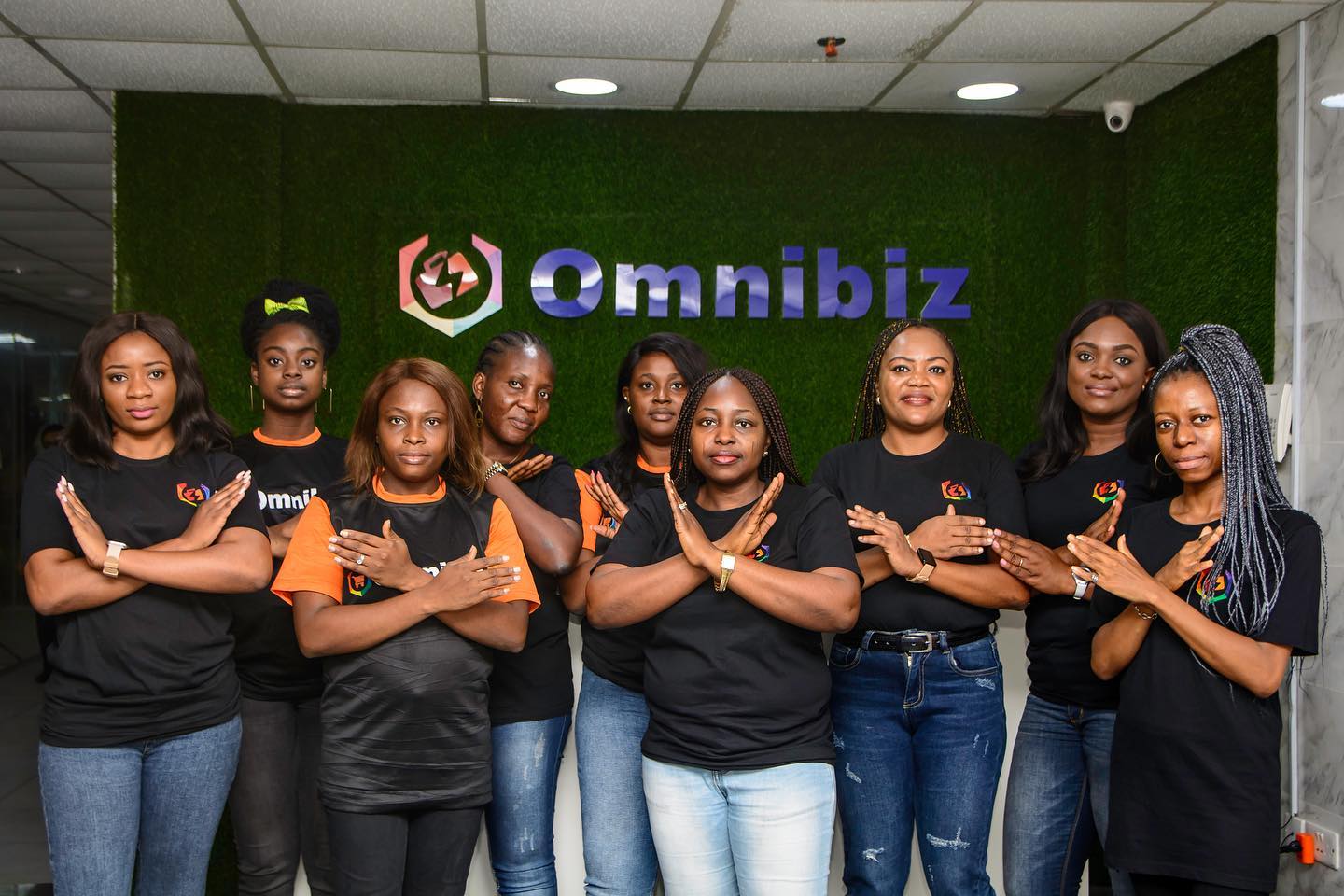With more than 1 billion young Africans under the age of 34, new technologies have the potential to revolutionize efforts to revive, spread, and equalize African culture. Nigeria's ICT sector is expanding quickly, contributing 7.2% during the first three quarters of 2021 and 16% during the first quarter of 2022. The ICT sector is rapidly growing in Nigeria and will only continue to expand as more Nigerians become digitally aware. Despite these digital advancements, the internet does not fluently speak any of the 2000+ languages spoken in Africa, making over 53% of Africans digitally excluded.
Nigeria's digital divide is influenced by many factors, including the economy, education, poor governance, and culture. More than 80 million Nigerians cannot speak English fluently, and this is worsening. Nigeria's slow progress in boosting digital literacy may hinder children and youth from finding employment. CDIAL’s AI-based products are eradicating illiteracy, reducing the digital gap, providing information to local communities, and creating opportunities in medicine, agriculture, finance, and conflict resolution.
Using natural language processing and collective intelligence, CDIAL is gradually shattering the age-long barrier of disseminating information in a multilingual country like Nigeria by reaching millions of people in 10+ languages. CDIAL’s APIs and hardware digitise indigenous languages and ensure that organisations can reach newer audiences digitally.

Yinka Iyinolakan, the Founder of CDIAL, said that as we progress into the future of work, bridging the digital divide is essential; and developing tools backed with Indigenous language policies can help a significant proportion of the Nigerian population gain access to quality education, healthcare and financial literacy even without speaking English Language. Further, he alluded to the need for Nigeria to own its languages and culture by leveraging digital technology to safeguard and promote them.
Localizing digital and digitizing local is an important strategy in bridging the digital divide to ensure information and policies reach the last mile in a diverse continent like Africa.
CDIAL is offering its revolutionary AI-based products and services in African languages like Hausa, Igbo, Pidgin, Swahili, Xhosa, and Yoruba; to policymakers, creatives, tourists, educators, businesses, and monoglots. Languages are about people and the connection between members of a community and with other communities. In CDIAL, we strongly believe that the internet can be a point of convergence for local communities to come together to address their common community problems; if the information on the internet are localized. Through localization of information, we can foster relationships, promote economic wellbeing and create inclusivity, Iyinolakan said.





















